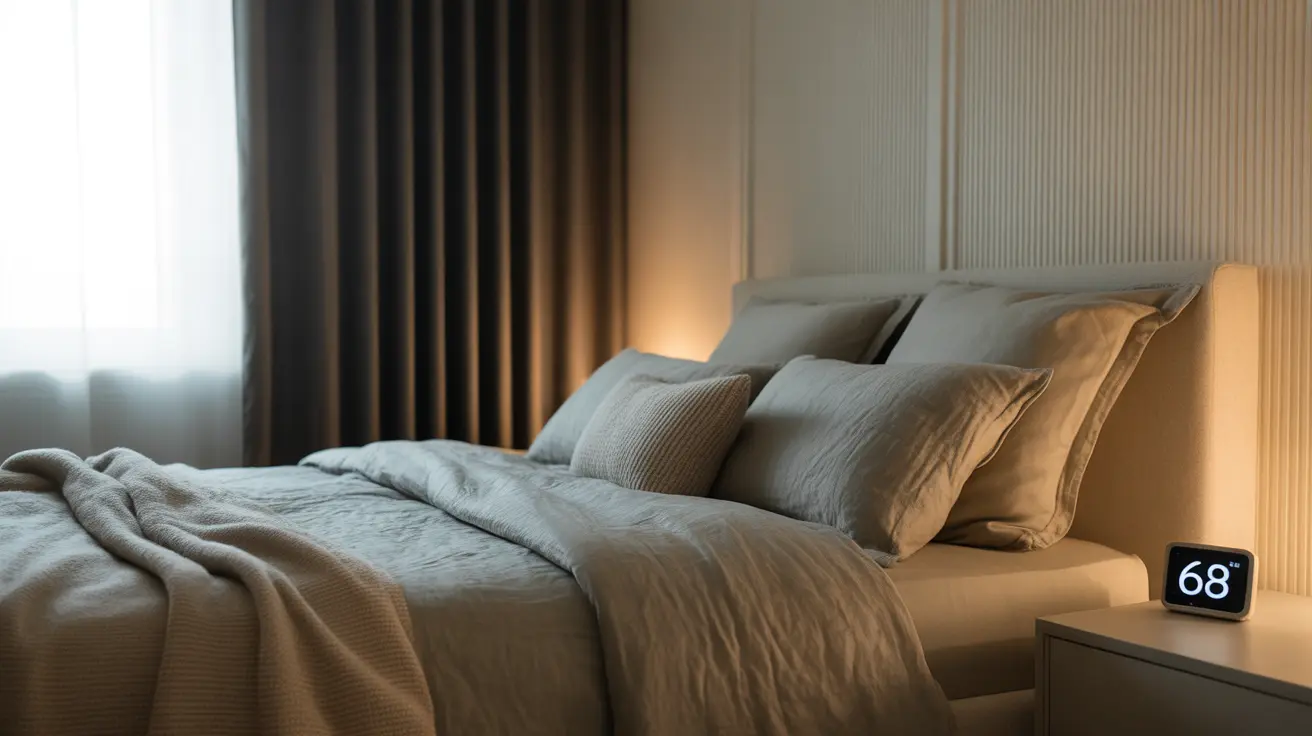Getting to sleep earlier can significantly improve your quality of life, energy levels, and overall health. Whether you're trying to align your sleep schedule with work commitments or simply want to become more of a morning person, learning how to sleep earlier is a valuable skill that requires careful planning and consistent effort.
In this comprehensive guide, we'll explore effective strategies to help you shift your bedtime earlier, overcome common challenges, and establish healthy sleep habits that stick.
Understanding Your Current Sleep Pattern
Before making changes to your sleep schedule, it's essential to understand your existing sleep patterns and habits. Take a week to track your natural sleep-wake cycle, noting when you feel tired and when you're most alert. This information will help you create a more realistic and sustainable plan for sleeping earlier.
Gradual Schedule Adjustment Strategies
The most effective way to shift your bedtime earlier is through gradual adjustments. Trying to force an immediate change can be counterproductive and difficult to maintain.
Start with 15-Minute Increments
Begin by moving your bedtime earlier in 15-minute increments every few days. This gentle approach helps your body adjust naturally without causing significant disruption to your circadian rhythm.
Consistent Wake-Up Times
Maintain a consistent wake-up time, even on weekends. This helps regulate your body's internal clock and naturally makes you feel sleepy earlier in the evening.
Creating an Optimal Sleep Environment
Temperature and Lighting
Keep your bedroom cool (around 65-68°F/18-20°C) and dark. Consider using blackout curtains, especially if you're trying to sleep while it's still light outside during summer months.
Noise Management
Use white noise machines or earplugs if necessary to create a quiet environment conducive to earlier sleep times.
Essential Lifestyle Adjustments
Manage Light Exposure
Increase exposure to natural light during the day and reduce artificial light in the evening. This helps regulate your circadian rhythm and supports earlier sleep times.
Exercise Timing
Schedule exercise earlier in the day, as evening workouts can increase alertness and make it harder to fall asleep early.
Dietary Considerations
Avoid large meals, caffeine, and alcohol in the evening hours. Consider having your last meal at least 3 hours before your target bedtime.
Managing Screen Time
Digital devices emit blue light that can interfere with your body's natural sleep signals. Implement a "digital sunset" 1-2 hours before bedtime, switching to relaxing activities like reading, gentle stretching, or meditation.
Frequently Asked Questions
What are the best strategies to fall asleep earlier and improve sleep quality?
The most effective strategies include maintaining a consistent sleep schedule, creating a relaxing bedtime routine, managing light exposure, and gradually adjusting your bedtime in 15-minute increments. Focus on creating a cool, dark, and quiet sleep environment.
How can I gradually shift my bedtime to go to sleep by 9 p.m.?
Start by moving your current bedtime 15 minutes earlier every few days. Maintain consistent wake times, get morning sunlight exposure, and avoid screens in the evening. Be patient with the process, as it may take several weeks to achieve a 9 p.m. bedtime consistently.
What lifestyle changes can help me feel more rested and productive with an earlier sleep schedule?
Key lifestyle changes include regular exercise (earlier in the day), proper meal timing, reduced caffeine intake, increased natural light exposure during the day, and establishing a calming evening routine that helps you wind down.
How does reducing screen time before bed affect my ability to sleep earlier?
Reducing screen time before bed helps your body produce melatonin naturally, making it easier to fall asleep. Blue light from screens can suppress melatonin production and increase alertness, making it harder to fall asleep early.
What are common challenges when trying to sleep earlier and how can I overcome them?
Common challenges include social obligations, work schedules, and ingrained habits. Overcome these by communicating your goals to friends and family, setting boundaries around evening activities, and creating a structured evening routine that supports your new schedule.




